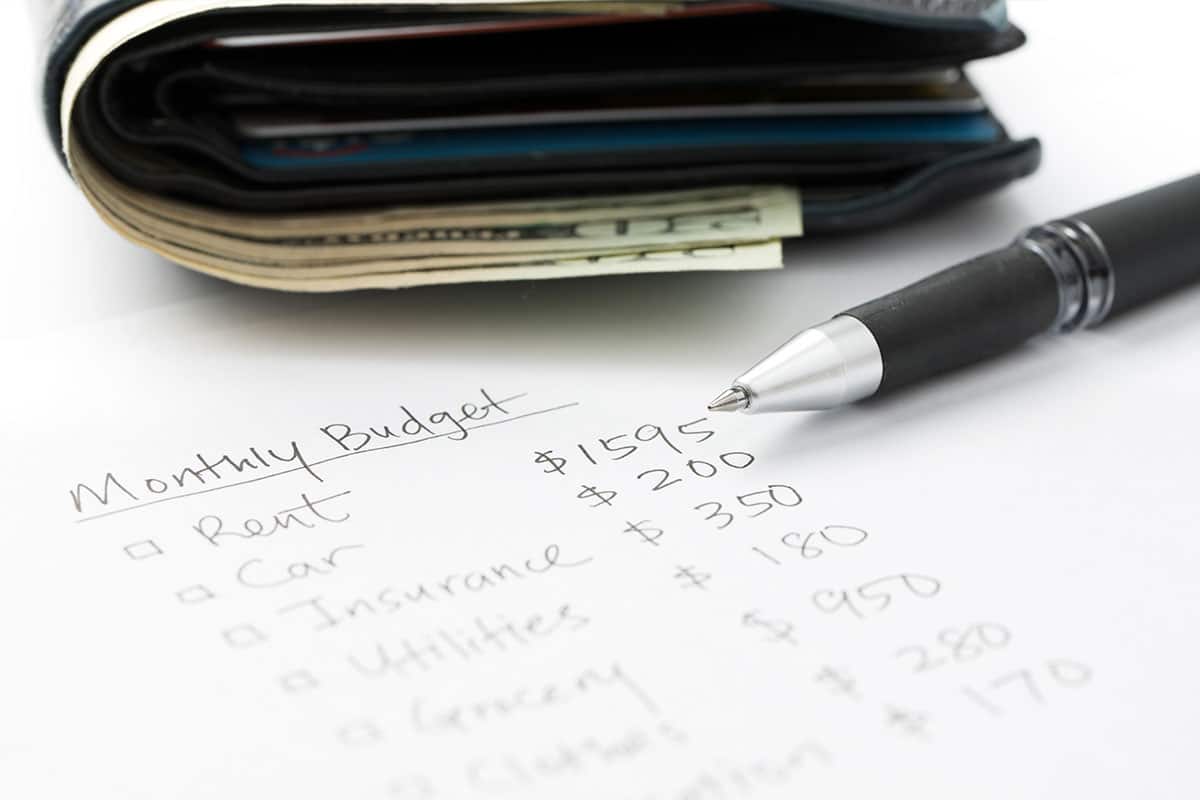The beginning of each year has people reflecting on the past and creating resolutions for change during the upcoming months. Some people choose to quit a bad habit, lose weight, or connect more with the important people in their lives, but financial changes are often overlooked.
While creating resolutions about your finances may not be at the top of your list, there are many reasons why you should. Making even the smallest adjustments to your budget planning in 2023 could allow you to save for that memorable trip or invest in your future. Your next year could be very positively changed by resolving to manage your money better.
Resolution #1 – Reflect on your past spending
It’s not always a good thing to spend time living in the past. However, when it comes to our spending, the best way to understand it is to analyze our past habits. In the decades gone by, this was an arduous task. It required you to sit down and review your bank statements and check ledgers to sort through the details and categorize your spending. It was time-consuming and tedious work which is why many people did not do it.
Luckily, technology has made this process simple for most people today. We have access to almost all of our accounts and spending habits online. The details of your credit cards, checking accounts, and investment accounts are all readily available with a few clicks. This unlocks tons of data for you to review and analyze quickly. Many banks automatically categorize each transaction for you. You can scan and adjust as needed. Once you know where your money is going, you can begin to prepare for changes.
Resolution #2 – Prepare for the upcoming year(s)
Now that you have a good idea of your spending habits, you can begin working on a budget for the upcoming year and beyond. Using a software program, your budget can be simple, written on paper, or more complex. Do what will work for you, and ensure it is something you can easily keep doing. The basics of budgeting are simple.
Total Income – This should include the money you will receive from your paycheck and any side gigs you may have. If you have any other sources of income, include those as well. This is how much money you will have to spend each month.
Fixed Monthly Expenses – Document the expenses that do not fluctuate each month. This would be any bank loans you may have, like a mortgage, car, or student loan. It could also be your rent or insurance payments.
Variable Expenses – This category is the most difficult to plan for. These expenses change each month. Your grocery bill, dining out expenses, heating/cooling expenses, and spending on hobbies/shopping. Since you have gathered your spending from last year, the best way to add these to your monthly budget is to calculate an average. Take the total spent in the category from last year and divide it by 12. This will give you a solid number to start with, and you can adjust as needed.
Savings Goals – Everyone should have a savings goal. Even if it is only a small amount of money, as small amounts add up quickly. Add a line item to your monthly budget to create some savings.
Calculate your net – Once you subtract your expenses and savings from your income, you will have your net profit or loss. This is either extra money you may allocate elsewhere (like into your savings) or a deficit you must make up. If your expenses exceed your income, you must adjust by finding an alternate income source or cutting your costs.
Resolution #3 – Initiate your Plan
This is likely the most challenging part of a resolution; sticking with it! You have done all of the hard work to understand your finances better. A plan has been developed to limit any stress associated with your money and to allow you to reach your future goals. The best way to do this is to schedule time on your calendar once a month. If you are using a software tool, you can schedule reports to be sent to you automatically. Whatever trigger you use, staying on top of your budget each month will ensure you stay on track for the entire year.
Let the Professionals Help You
If you are just overwhelmed and need help managing your money, hire a professional to help you. It may seem counterintuitive to spend money when your finances are struggling, but having an expert guiding you can change the narrative drastically.
Engaging with a professional firm like Hayes & Associates will give you the confidence to know your money is being managed in the best way. Their experts can guide you on budgeting, planning, and investing.






